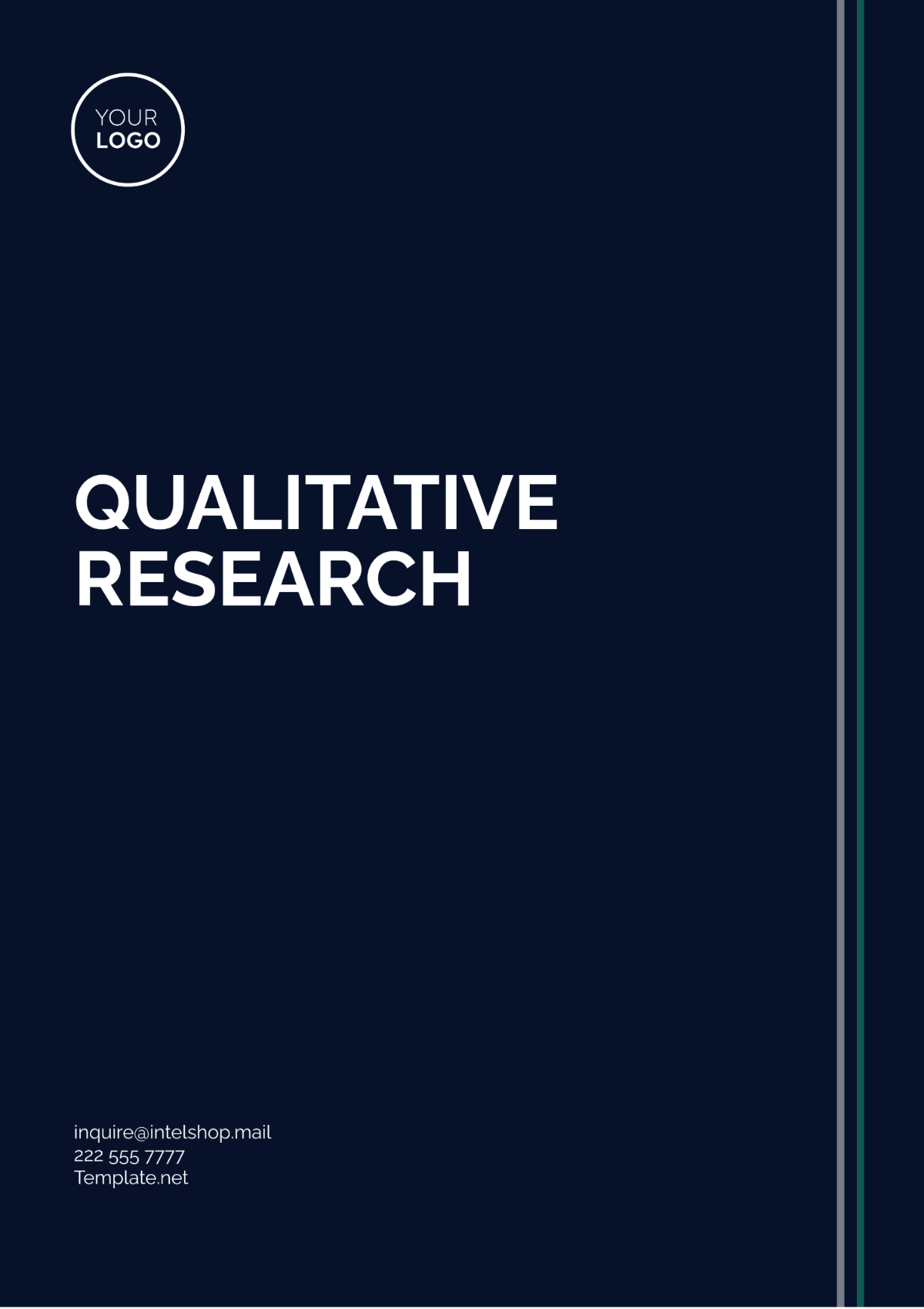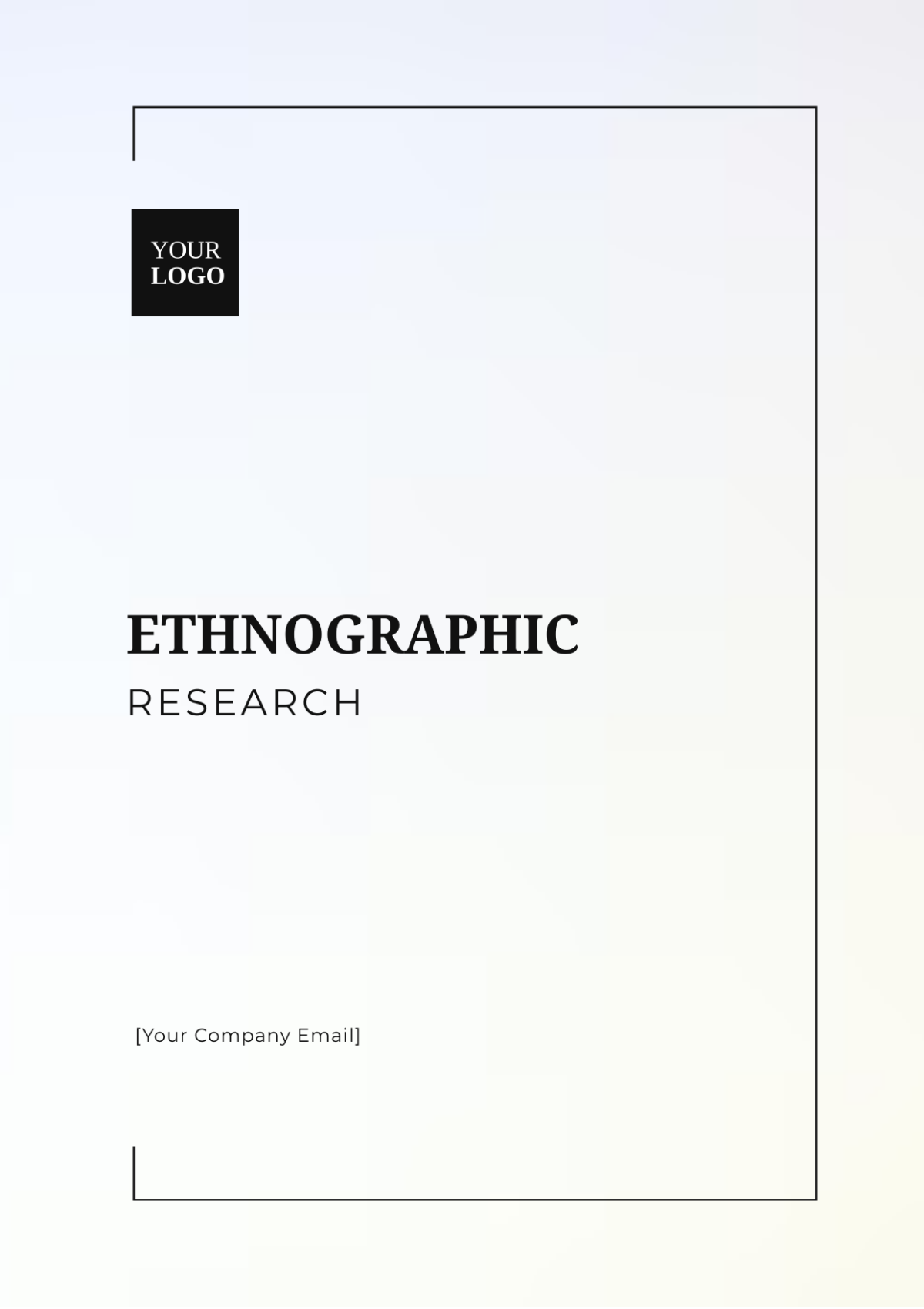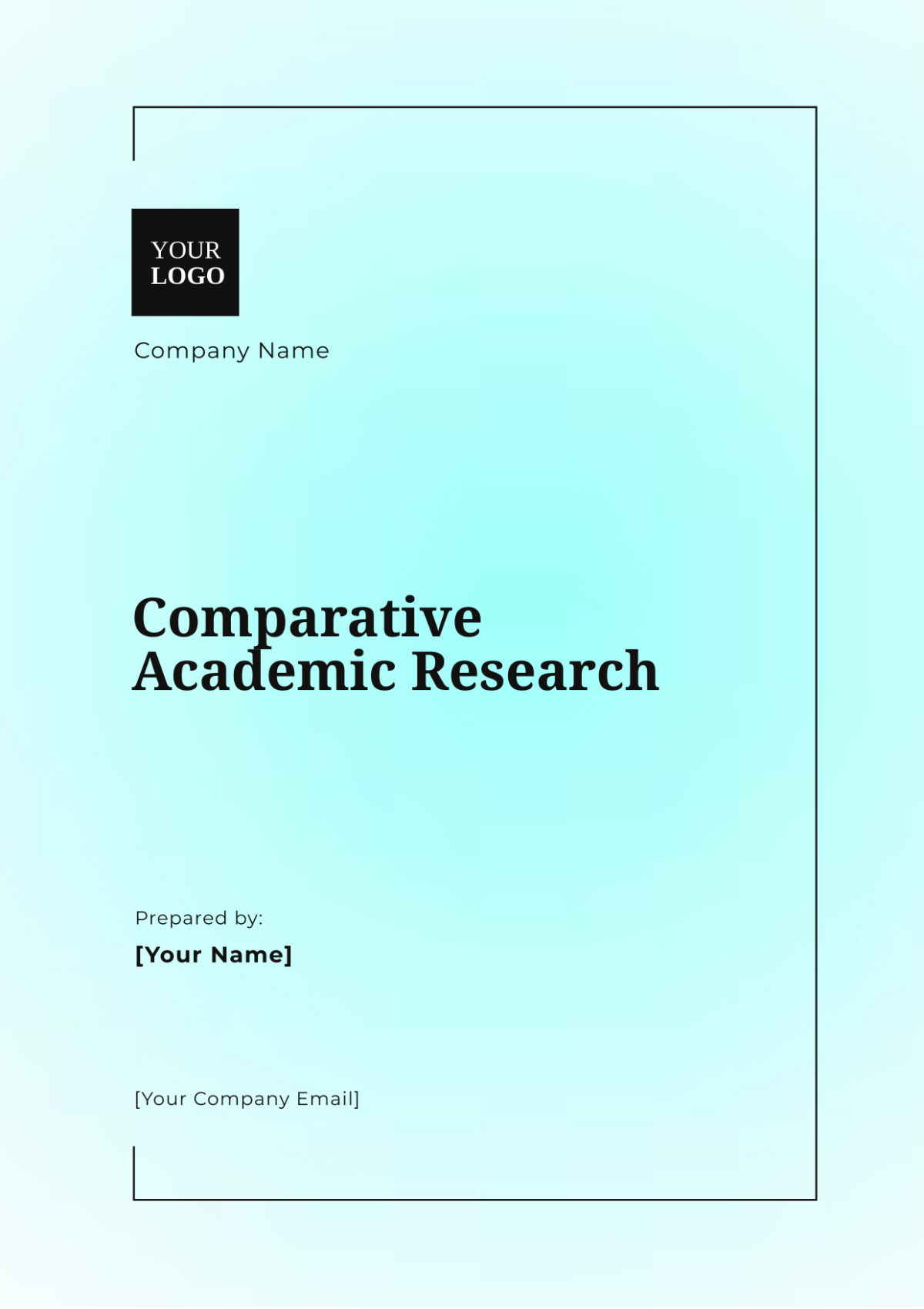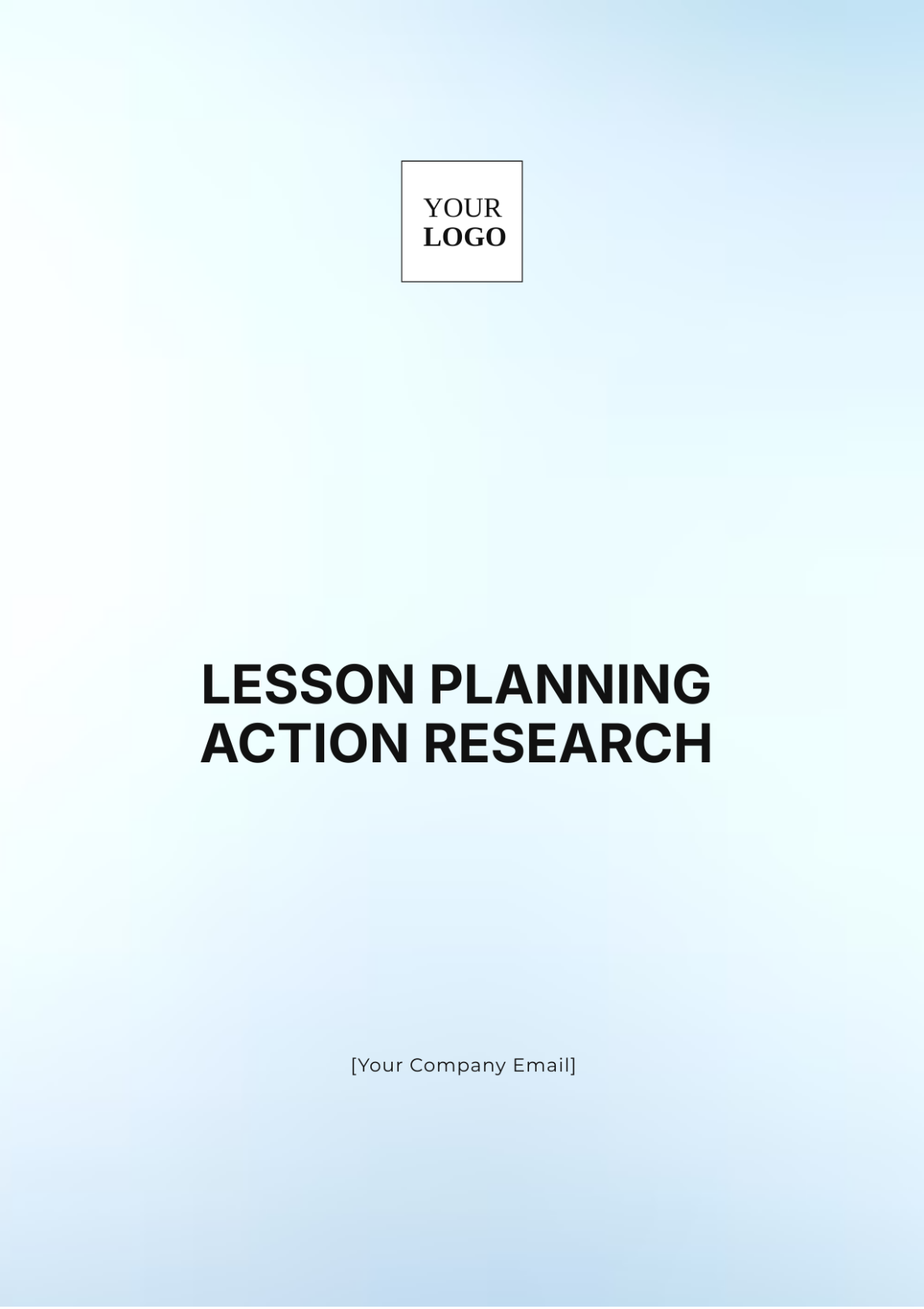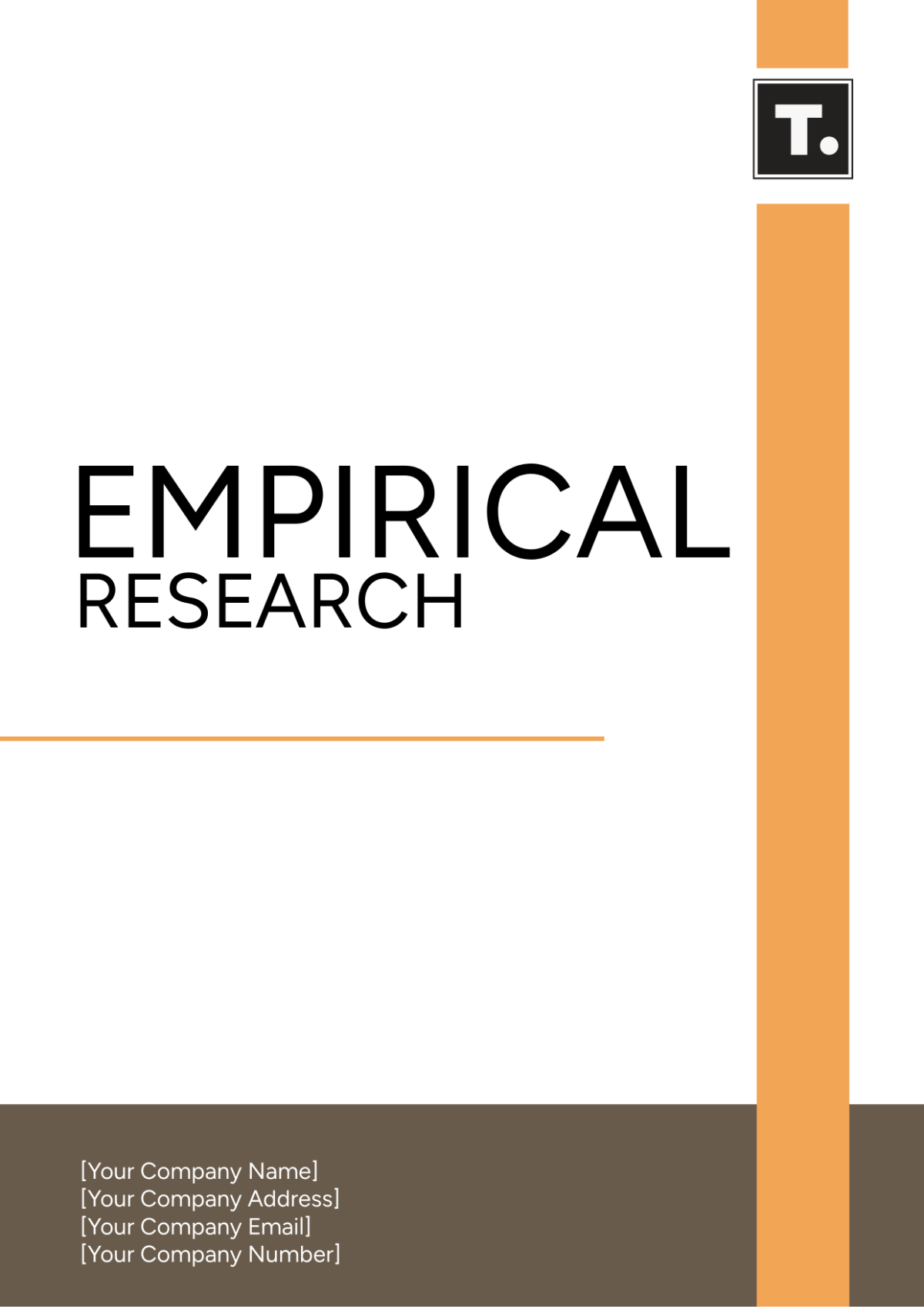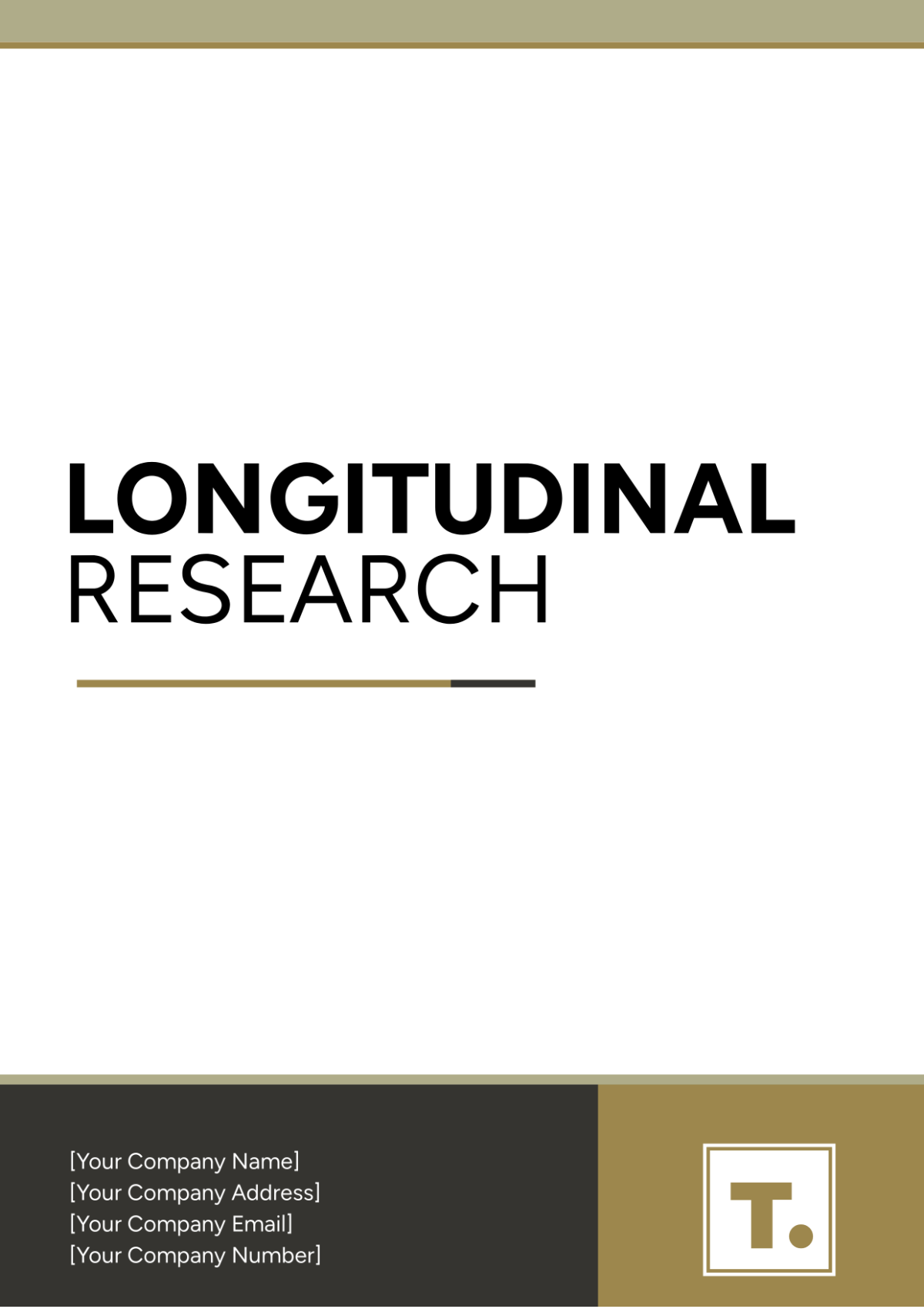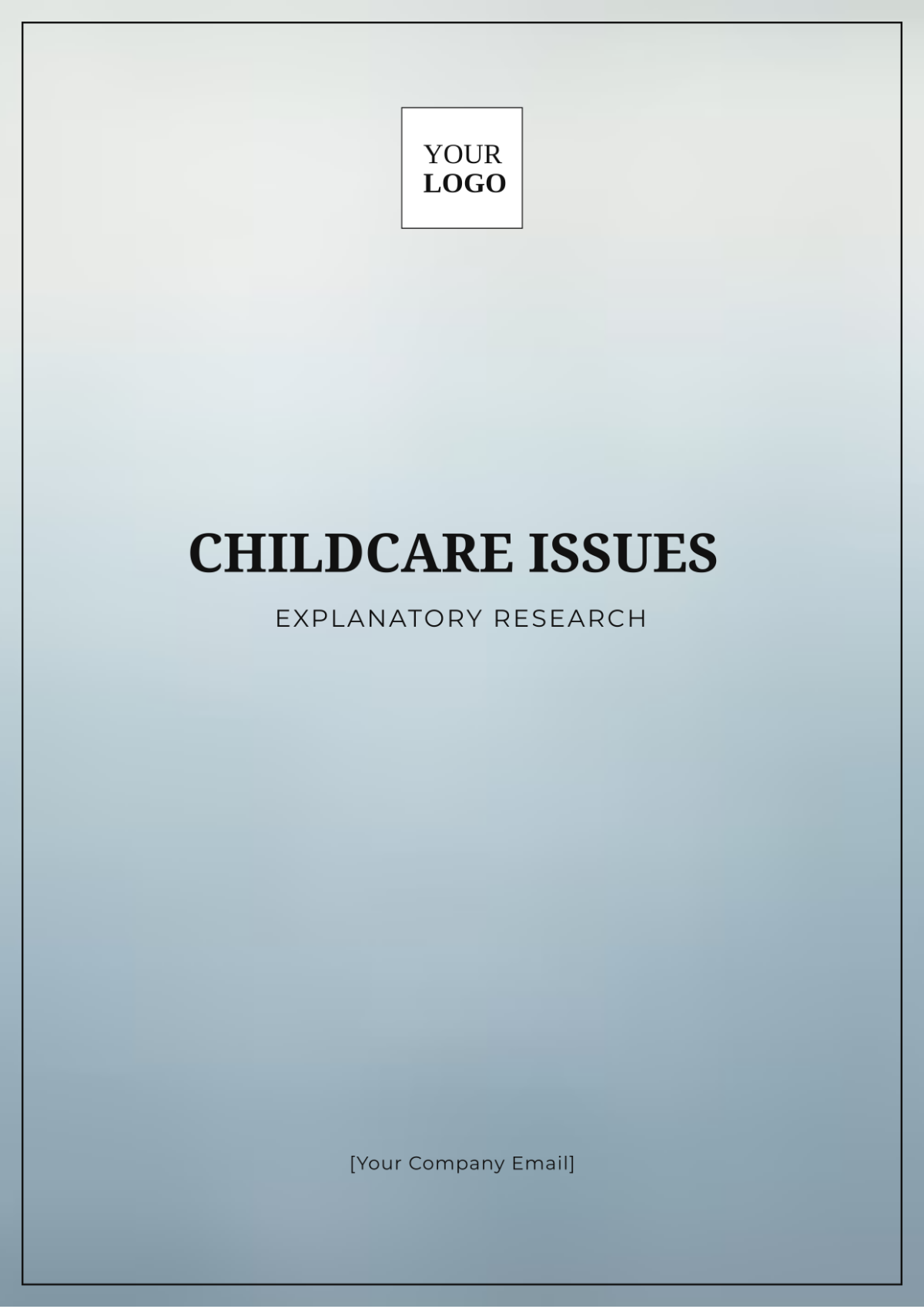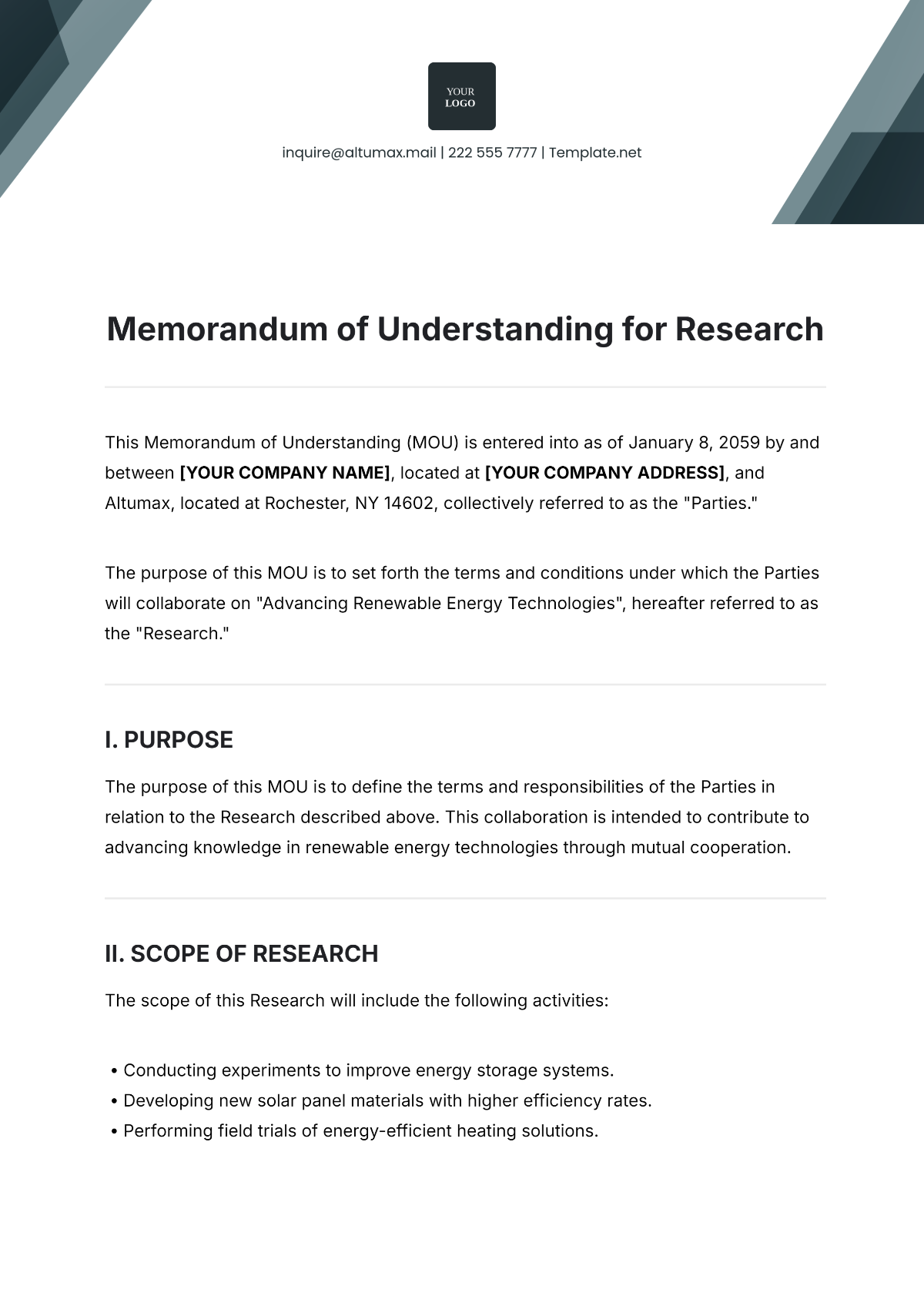Grounded Theory Qualitative Research
I. Introduction
Grounded Theory is a systematic methodology in the social sciences involving the construction of theories through the methodical gathering and analysis of data. It is a research methodology that operates almost in a reverse fashion from traditional social science research. Instead of beginning with a hypothesis, researchers start with data collection, which is followed by data analysis to form theories grounded in the data itself.
II. Historical Background
Grounded Theory was developed by sociologists Barney Glaser and Anselm Strauss in the 1960s. It was presented as a practical approach for building theories. Their seminal work, The Discovery of Grounded Theory (1967), revolutionized qualitative research by advocating for rich, data-driven theoretical development.
III. Methodological Principles
A. Data Collection
Interviews: Conduct detailed, semi-structured interviews to obtain rich, firsthand accounts of participants' experiences and perspectives. Open-ended questions encourage thorough responses.
Observations: Record behaviors and interactions in natural settings to gather context-rich data and understand participant-environment interactions.
Field Notes: Take notes during or immediately after data collection to capture observations, reflections, and researcher biases, providing context for the data.
Document Analysis: Analyze existing documents to add historical context and additional insights, complementing other data sources.
B. Data Analysis
Open Coding: Break down data into categories and concepts to identify initial patterns and themes without preconceived notions.
Axial Coding: Refine and relate categories to understand relationships and organize data into coherent frameworks.
Selective Coding: Integrate categories into a theoretical framework by identifying core categories that explain patterns and developing a cohesive theory.
Constant Comparison: Continuously compare new data with existing categories and theories to ensure that the theory remains grounded in the data.
Memo Writing: Document thoughts, insights, and theoretical developments throughout the research process to aid in reflection and theory development.
Theoretical Sampling: Select additional data sources based on emerging patterns and theories to refine and validate the developing theory.
IV. Strengths of Grounded Theory
Strength | Description |
|---|---|
Flexibility in Data Collection and Analysis | Allows for adaptive and dynamic data collection and analysis, accommodating evolving research needs. |
Development of Theories Directly from Data | It enables the creation of theories that are grounded in actual data rather than pre-existing hypotheses. |
In-Depth Understanding of Participants' Experiences | Provides rich, contextual insights into participants' experiences and perspectives through detailed data. |
V. Limitations of Grounded Theory
Limitation | Description |
|---|---|
Time-Consuming and Labor-Intensive Process | It requires significant time and effort for data collection, coding, and analysis. |
Requires a High Level of Analytical Skill | Demands advanced analytical skills to effectively categorize and synthesize data. |
Potential for Subjective Interpretations | The data interpretation process may be influenced by researcher biases and subjectivity. |
VI. Applications in Various Fields
Grounded Theory has been utilized in a myriad of disciplines, including:
Sociology
Nursing
Education
Business
Psychology
VII. Comparison with Other Qualitative Methods
Aspect | Grounded Theory | Phenomenology | Ethnography |
|---|---|---|---|
Aim | Theory Building | Understanding Lived Experiences | Study of Cultures |
Data Collection | Flexible and Emergent | Interviews | Fieldwork |
Data Analysis | Systematic Coding | Thematic Analysis | Descriptive and Analytical |
VIII. Future Directions
The future of Grounded Theory lies in its adaptability and application across various disciplines and contexts. With the advent of digital tools and big data, the integration of Grounded Theory methodologies with computational techniques presents an exciting avenue for future research.
IX. Conclusion
Grounded Theory is a robust and versatile qualitative research methodology that offers a systematic approach to theory development. Its application across various fields attests to its utility and adaptability. Despite its challenges, the richly contextualized insights it offers make it an invaluable tool in qualitative research.
X. References
Glaser, B. G., & Strauss, A. L. (1967). The Discovery of Grounded Theory: Strategies for Qualitative Research. Aldine de Gruyter.
Charmaz, K. (2014). Constructing Grounded Theory. Sage.
Corbin, J., & Strauss, A. (2015). Basics of Qualitative Research: Techniques and Procedures for Developing Grounded Theory. Sage Publications.







